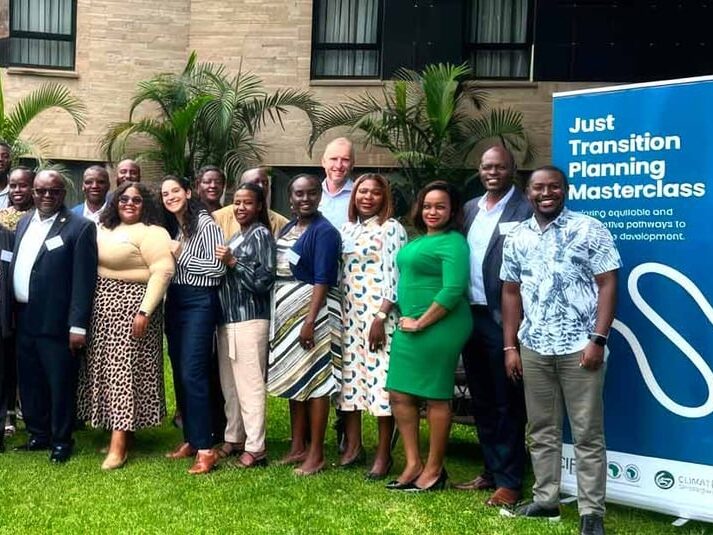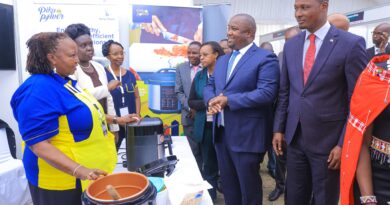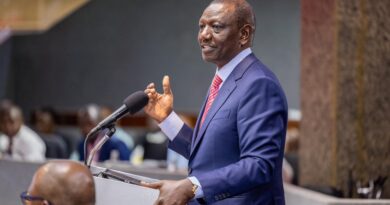AfDB targets $25 billion climate action warchest by 2025

The African Development Bank (AfDB) says it is on track to mobilize $25 billion by 2025 to support climate action as part of its Climate and Green Growth Strategic Framework (2021-2030).
The bank is currently running the Just Transition Initiative with funding from Climate Investment Funds (CIF). The CIF is one of the largest active climate finance mechanism in the world, with $11.1 billion funds pledged to aid the fight against climate change. is one of the largest active climate finance mechanism in the world.
Established in 2008, the CIF works exclusively through six multilateral development banks (MDBs), of which the AfDB is one, to mobilize investments to pilot and scale cutting-edge climate solutions to address frontier climate challenges.
The AfDB says that just transition framework will ensure that country-level projects are efficiently identified and implemented, aligning with its broader climate goals. This comes as the CIF has launched new programs that focus on accelerating coal transitions, renewable energy integration, industry decarbonization, and the development of climate-smart cities.
This emerged during the recent Just Transition Planning Masterclass held by the bank, a critical capacity-building initiative to support African countries in planning a fair and inclusive transition to sustainable development. The training was held in Nairobi, Kenya and provided a platform for participants to enhance their knowledge, skills, and networks.
Participants examined successful cases of just transition planning, presented country-specific challenges, developed strategies to tackle impacts on economies and livelihoods, and met with potential funders to explore financing options for just transitions.
“The transition toward clean and sustainable development will require transforming how we produce and consume energy, manage resources, and drive our economies. These transformations will disrupt economies and livelihoods. A just transition ensures these disruptions are addressed so no one is left behind,” said Bubacarr Sankareh, Lead Advisor to the Director-General for East Africa Regional Development and Business Delivery Office.
Sankareh noted that the transition will differ between fossil fuel-dependent and non-fossil fuel-dependent African countries, stressing the need for equitable access to the benefits of sustainable development while sharing its costs.
Kidanua Abera Gizaw, Coordinator of the Bank’s Just Transition initiatives, stressed that effective just transition mainstreaming requires a cross-sectoral approach with consistent national, sectoral, and operational planning.
info@theenergyreview.com
Discover more from THE ENERGY REVIEW
Subscribe to get the latest posts sent to your email.


